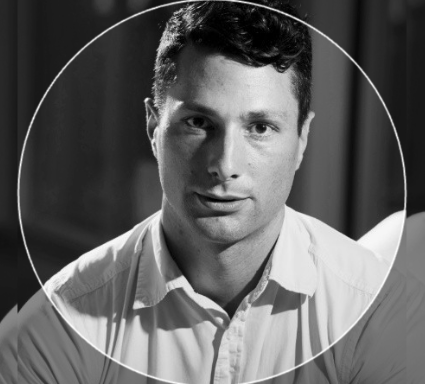Russians have always been fond of gambling, even though as recently as the 1980s, any form of wagering was both illegal and carried harsh penalties for all who defied the law.
For most of its history, Russia has grappled with issues of gambling amongst its large population. From partially permitted to being outright banned, the legislation has been chopped and changed numerous times. Various amendments were put in place by numerous councils and commissions. The Soviet state finally implemented strict penal policies that, nonetheless, failed to resolve the country’s gambling issues.
With the rise of Vladimir Putin, Russian authorities have promulgated some comprehensive policies to oversee gambling. Such action was needed as Russian cities such as Moscow and Yekaterinburg were rife with underground gambling houses, young people with pathological gambling addictions, and gambling advertisements on almost every street corner.
The Rise of Gambling in Russia
The first person to tackle the issue of gambling in Russia was Fyodor Dostoyevsky. In his 1867 literary masterpiece, The Gambler, Dostoyevsky spoke about the correlation between financial ruin, womanising, addiction and gambling from a personal angle. However, it portrays a clear view of the popular habits of the time.
Following the October Revolution of 1917 and the overthrow of the tzarist system, the new Soviet authorities did not look kindly upon gambling. The four casinos that were allowed to operate were all based in the former imperial capital of St Petersburg, renamed Leningrad, following the revolution.
A directive submitted by the People’s Commissariat of the Interior in 1927 prohibited gambling in workers’ districts. In 1928, the Supreme Soviet, the governing body of the Soviet Union, ordered all casinos to be torn down. Later that same year, the national lottery was banned, although it was reintroduced in a more controllable format two years later.
The Introduction of Slots and Poker
In 1988, during Mikhail Gorbachev’s reform of the Soviet system, the State Committee on Foreign Tourism permitted slot machines at several designated hotels. This was followed in 1989 by an outright lifting of the ban on gambling, allowing for first-ever casinos in Moscow.
Putin Seeks Authorised Gambling Zones
Following the collapse of the Soviet Union, Russia entered the new millennium with over 50 operational casinos in Moscow alone. Gambling and illegal forms of it were quickly becoming the people’s favourite pastime, and something had to be done about it.
In 2009, Vladimir Putin was presented with a report indicating a clear correlation between organised crime and gambling, which ultimately led the Russian Federation’s policymakers to create authorised gambling zones. These included Primorsky (Primorye Region), Azov City (Rostov Region), Yantarnaya (Kaliningrad Region) and Siberian Coin (Altay Region).
These zones only allow licensed legal entities to operate games. As part of the legal compliance, an operator cannot produce less than 600,000 roubles of net income if they run a slot hall or less than 100,000 roubles if they operate a bookmaker.
The Tax Framework
Russia had a gambling tax code until 2004, following which the Federation granted each zone the jurisdiction over the rates and limits they taxed for games. In 2014, Russia made taxes on gambling only applicable to people who won. In the event a gambler wins, they must submit a tax return declaration to the government. A rate of 13% is deducted from all Russian casino winnings. If a gambler wins on a sportsbook, the bookmaker has to take a cut of the winnings and pay this to the government.
Continuous Change
There is no telling whether Russia will relax its laws around gambling any time soon. Putin is said to oppose gambling, though he is mindful of the effect a widespread ban would have on tourism and other sectors. The government is also doing everything in its power to minimise illegal operations. Nonetheless, like every country where gambling is somewhat restricted, lawmakers and officials have a continuous fight on their hands that they are unlikely to win.


